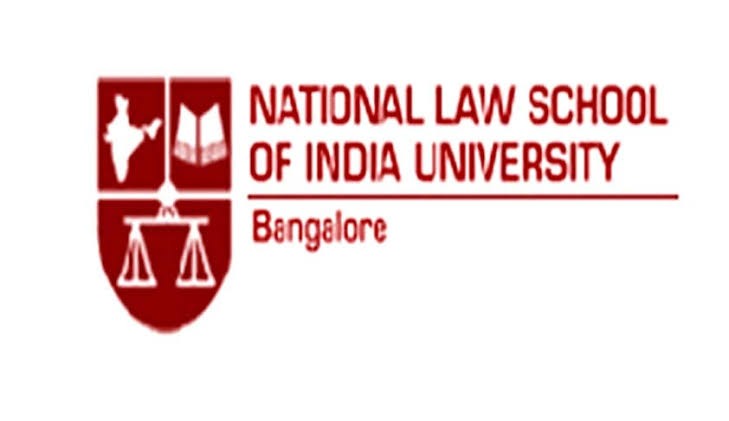- Over the years, since the publication of its first volume in 2015, they have featured scholarship by a diverse range of leading academics, advocates, judges, scholars, and other luminaries, such as Justice V. Ramasubramanian (Judge, Supreme Court of India), Mr. Philip R. Wood CBE, KC (Yorke Distinguished Fellow, University of Cambridge), Prof. (Dr.) Regis Bismuth (Professor, SciencesPo Law School), Mr. Matthew Hodgson (Partner, Allen & Overy LLP), Mr. Rajat Sethi (Founder & Managing Partner, S&R Associates), and Prof. (Dr.) James J. Nedumpara (Professor, Jindal Global Law School).
- The Journal is accompanied by the NLSBLR Blog, which carries shorter and contemporaneous pieces on recent developments in commercial law. The Journal is indexed in prominent databases like HeinOnline, SCC Online, and the Indian University Grants Commission’s Consortium for Academic Research and Ethics (UGC-CARE).
- The Journal intends to foster academic scholarship in commercial law by examining the yriad regulatory and legal frameworks, be it domestic or international, that impact business and commerce in either India or abroad. We particularly welcome submissions with a comparative law perspective, with a focus on India or the developing country context generally.
- Its mandate, amongst other things, includes company law, securities law, banking and finance, tax law, international investment law, international commercial arbitration, commercial dispute resolution, intellectual property law, contract law, and employment law.
Eligibility
The journal especially encourages undergraduate, graduate, and postgraduate students to consider writing for the Journal. It also welcomes purely theoretical/philosophical/jurisprudential pieces.
Submission Categories
The journal accepts submissions that fall within the following categories:
- Long Form Articles: Between 6,000 and 10,000 words. Submissions in this category are expected to engage with the topic, its theme, and available literature comprehensively so as to offer a novel and original reassessment.
- Essays: Between 4,000 and 6,000 words. Submissions in this category are comparatively more concise and limited in their scope. Essays usually deal with a very specific topic as compared to Long Form Articles.
- Case/Legislative Comments: Between 1,500 to 3,000 words. Submissions in this category are expected critically analyse a recent court decision or legislative/policy proposal, either in India or abroad, and comment on its implications.
- Book Reviews: Between 2,000 to 3,000 words. Submissions in this category are expected to critically analyse and engage with a recent academic book that falls under our mandate.
Submission Guidelines
Detailed submission guidelines (along with the process for submission) for the Journal are available on the website. A few are mentioned here:
- Submissions must be accompanied with an abstract of not more than 250 words.
- Submitted manuscripts must not contain any biographical information regarding the authors, such as names, institutional affiliations, acknowledgments, etc. This information can be added at a later stage if the manuscript is accepted for publication.
- Submissions made to the Journal must be on an exclusive basis and not be under concurrent consideration by any other academic or non-academic publication.
- Potential authors may choose a topic that is contemporarily relevant.
For further clarity one may reach out at nlsblrjournal@gmail.com. Communication, regarding the Journal, addressed to other email addresses will not receive a response.
Further Details
Facebook Comments
 490
490

